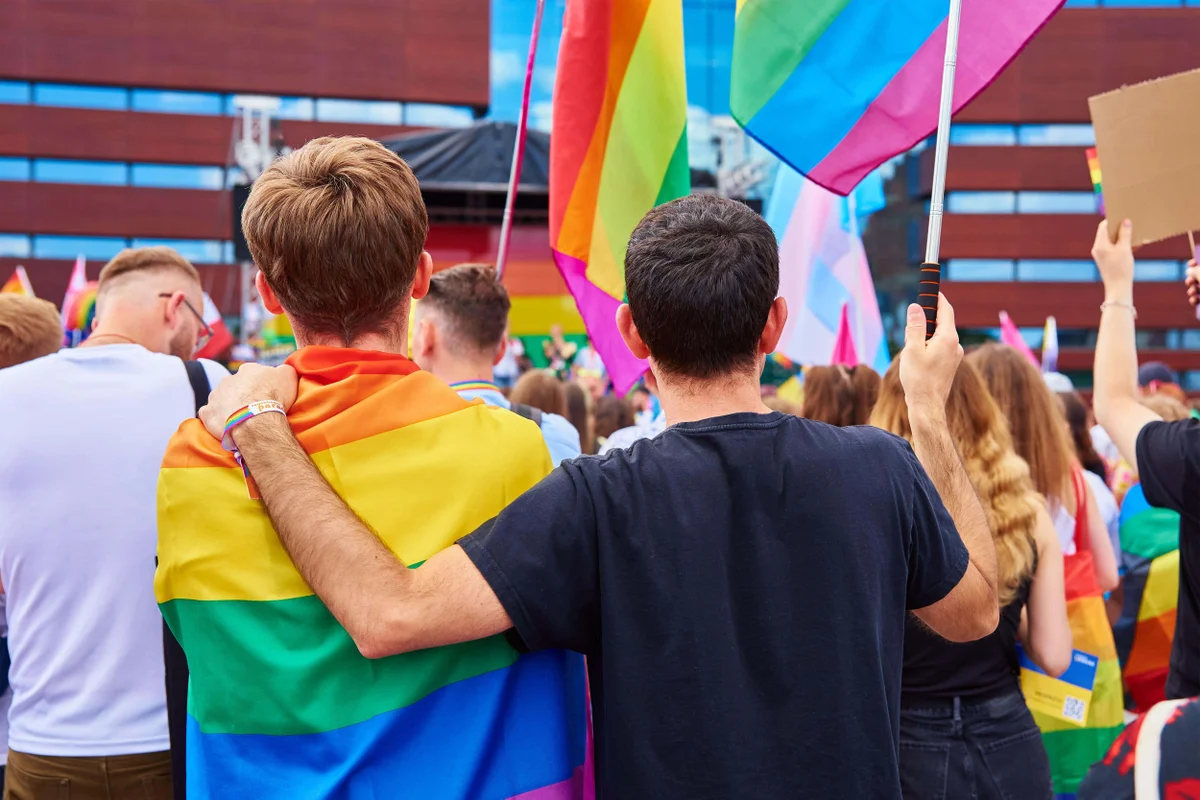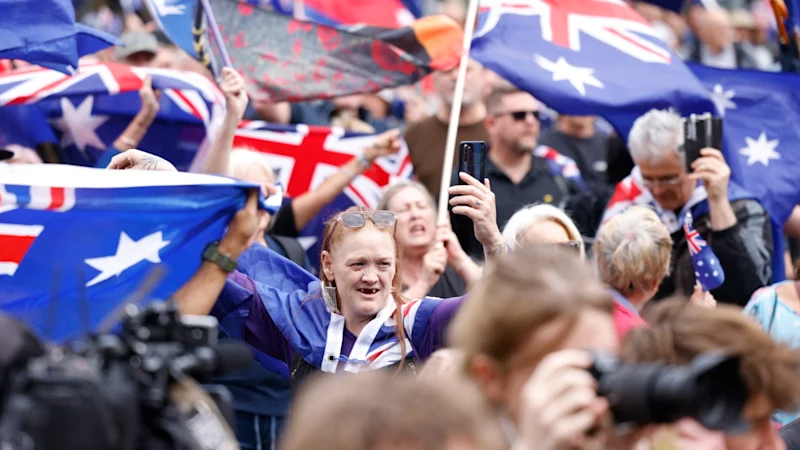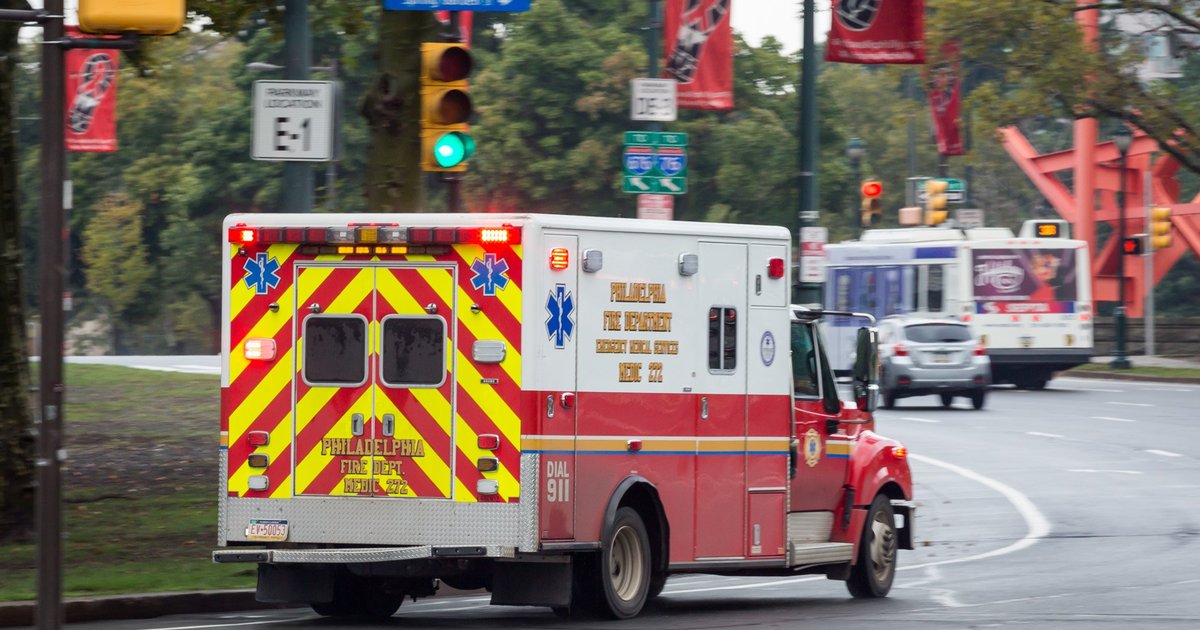Copyright independent

The LGBT community will never forget that the force which enabled Aids to become a global catastrophe was not immunological; it was fear and apathy. At a time when homosexuality almost universally brought stigma and shame, it was convenient for governments and society to blame the victims and walk away. Even as HIV spread beyond the LGBT community – to heterosexual men, women and children – and as fear gripped the rest of the world, many leaders doubled down. The message was clear: HIV infection and the horrors that came with it were a punishment. The LGBT community and its public health allies fought back, securing clinical trials of landmark treatments, funding for lifesaving services and, ultimately, the chance to live a full and healthy life. It is a legacy of solidarity and science that saves millions of lives each year around the world, including countless babies; however, its future is fragile and susceptible to resurgence. In the continued push to end Aids, there is serious concern that LGBT people and other marginalised groups will be left behind. Funding for anti-LGBT rights organisations is growing dramatically around the world, even in countries with huge HIV epidemics. When fear and apathy are weaponised, as they were in the early days of Aids, rights are eroded and stigma is intensified, and those in need are systematically denied lifesaving services. The consequences are alarming – HIV infections among gay and bisexual men in central and western Africa are 199 times higher than for other men. Now is not the time to pull back support for LGBT people’s health and rights around the world. We have learned from Aids and other pandemics: abandoning groups where it is morally or politically expedient to do so is not only wrong but dangerous to public health. And yet planned cuts to foreign aid by the five countries – Britain, France, Germany, the USA, and the Netherlands – that provide 90 per cent of international HIV funding have created a new crisis in the community. We understand that the Russian invasion of Ukraine is placing multiple stresses on European governments, but we would implore leaders to confront another stark truth: when scapegoating of minorities gains traction, it quickly erodes faith in the model of a free society. What’s more, many anti-homosexuality laws in Africa and elsewhere are the legacy of European colonialism. In such countries, gay and bisexual men are two to five times more likely to be living with HIV than elsewhere. These laws are a shameful burden that we must finally confront. To protect the remarkable progress against Aids, and to finally end it, governments must support all those in need of HIV prevention and treatment services, including the LGBT community, as we contend with a growing wave of hate. Before we can show our fellow citizens all the skills and talents we possess, and all the wonderful ways we contribute to society, we have to stay alive. As two gay men, we would argue passionately that protecting the LGBT community from deadly disease and discrimination is not exceptionalism; it protects everyone. As soon as one group is seen as unworthy of help, it sets a dangerous precedent for all. We are delighted the UK will co-host the next replenishment of the Global Fund to Fight Aids, TB and Malaria, alongside South Africa, and would implore European governments to give this remarkable symbol of compassion and solidarity the resources it needs to fight these three deadly – but treatable – diseases. But we cannot stop there. We must unite and resolve to halt the growing forces of hostility and division – standing together in the name of health, prosperity and love for us all. Elton John, founder, and David Furnish, chair of The Elton John AIDS Foundation. This article was produced as part of The Independent’s Rethinking Global Aid project



